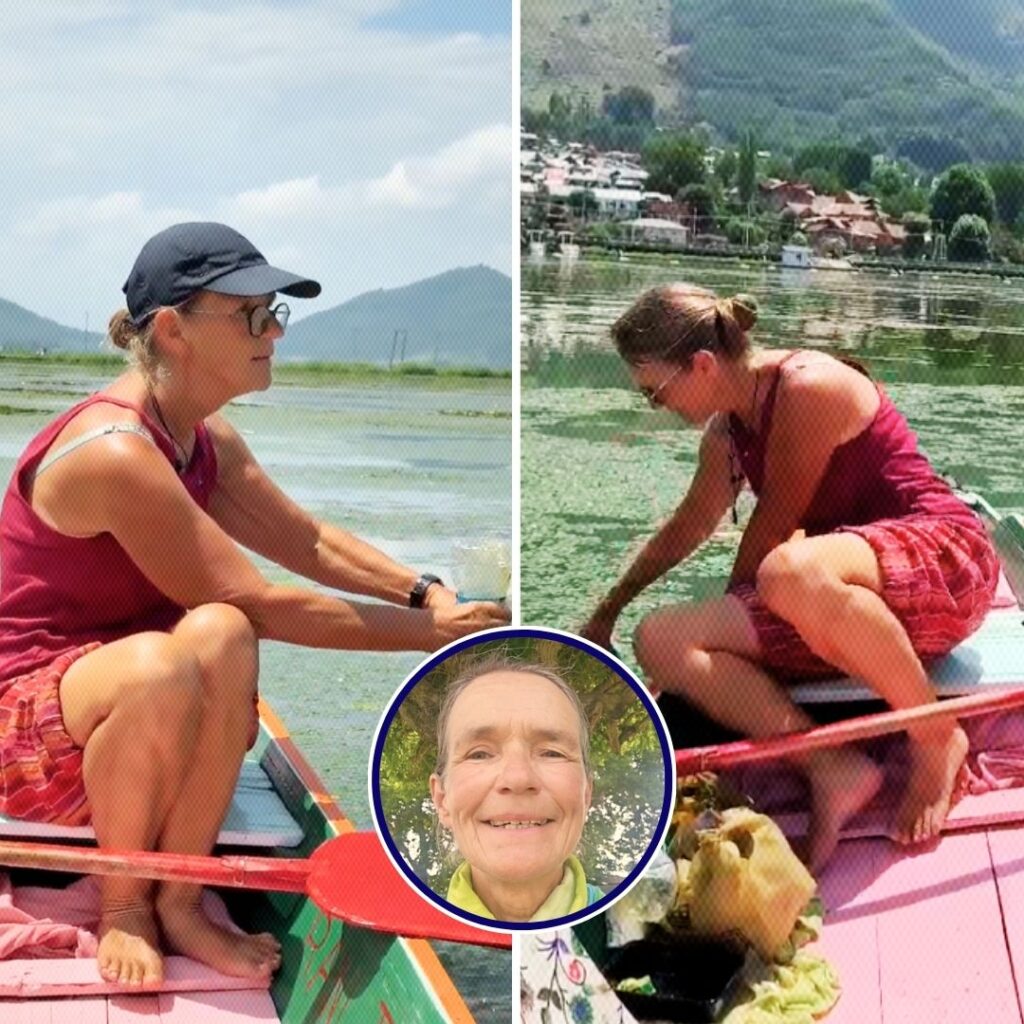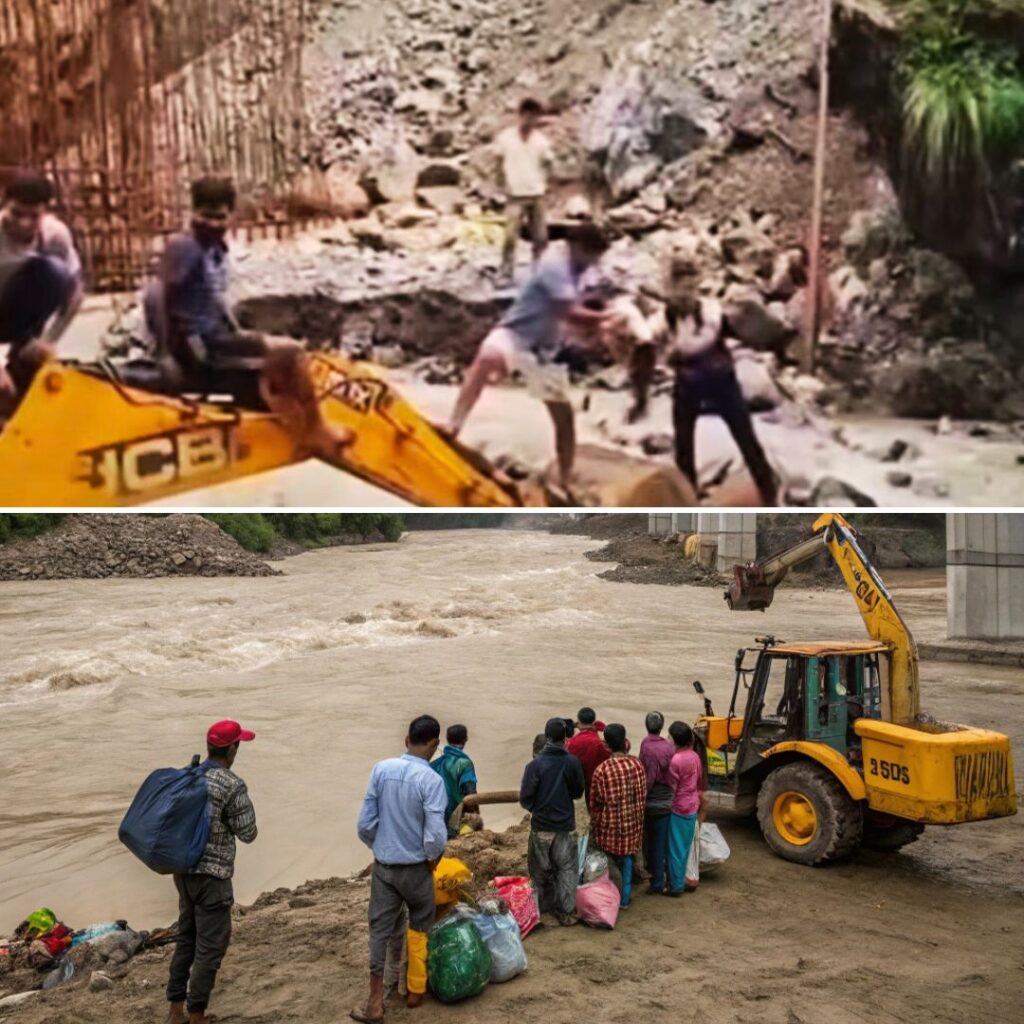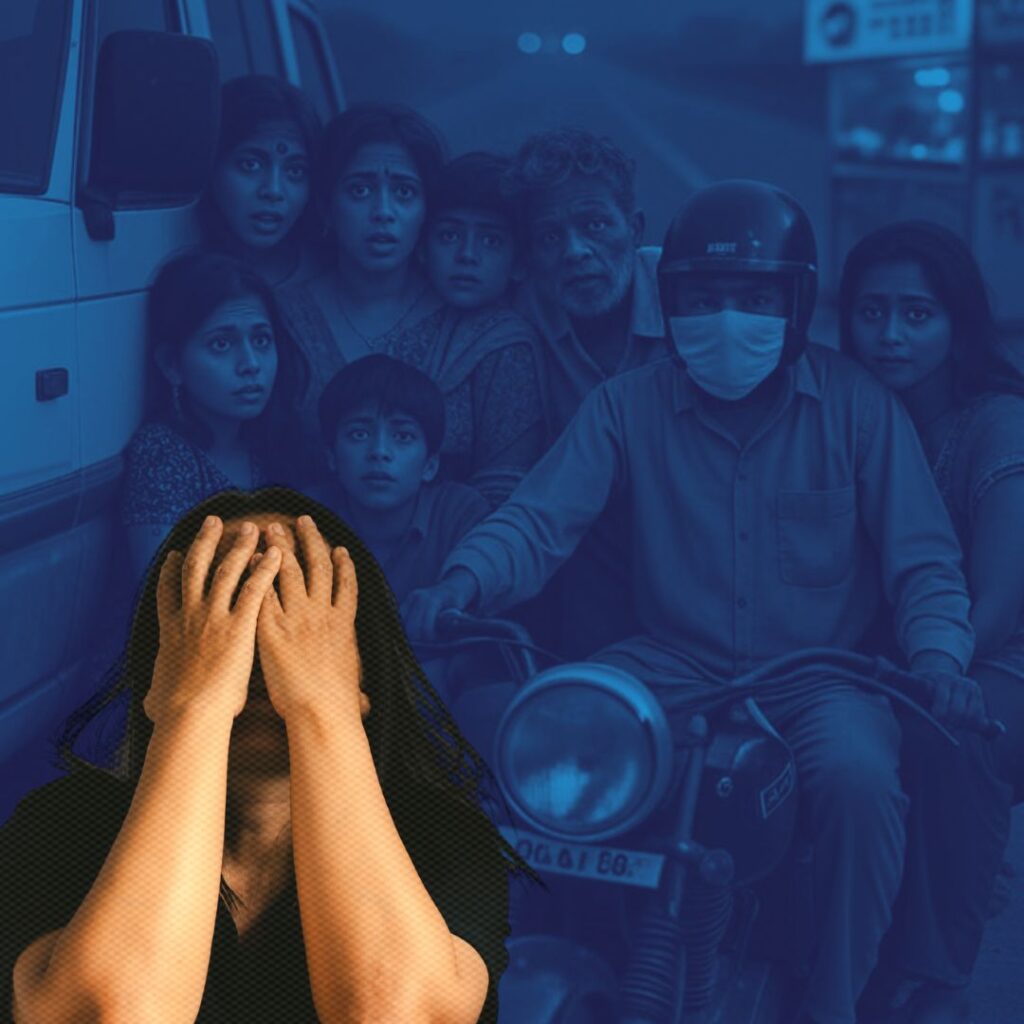“I was 16 when I first started feeling sick.
I was appearing for my board exams and could not stop coughing. I remember that feeling of confusion and panic. At first, I thought it was just a normal viral cough. So I went to our family General Practitioner who prescribed medicines for a cough which helped and I somehow managed to complete my exams.
Yet my cough never really stopped. My doctor advised me to get a chest x-ray. It took me more than a month to get diagnosed with tuberculosis (TB). My family could not believe it and had never imagined that I would have TB.
Even thought my doctor started AKT after diagnosing TB, but I continued to remain unwell. It was clear that this medication was not helping me. We then decided to go to a chest physician for further treatment. Even this did not help and my condition continued to worsen day after day.
After a few months, my doctor told me that part of my left lung has decayed and hence I required surgery. He told my parents that I had a more dangerous form of TB called Multi-Drug-Resistant (MDR) TB. We were confused and had no clue as to what it meant. He also suggested that we take a second opinion from other experts. So we went to other few chest physicians, each of whom too recommended surgery.
My parents were shocked and worried when they heard I had MDR TB. They were distraught, as all parents would be. They struggled every day between grief and helplessness and wanted to know how they could help. As for me, I was just 16 so I didn’t even realise the severity of the disease. I just wanted to get well and felt optimistic despite the suffering. I thought I will have to take medicines only for few months and I will be fine after that.
While I was diagnosed with TB early, recognising it as MDR TB took time. Since I was not getting well, my doctor kept changing medicines but never advised me to get a drug susceptibility test. Most doctors don’t suspect MDR TB and don’t ask patients to get the test. When things went out of his control, he realised that his mistake has cost me dearly.
I was resolved to get the surgery since I wanted to get well. I thought I would be cured after the surgery and my suffering would end but unfortunately, things became more complicated. During the surgery, the surgeon found out that along with my upper lobe of the lung, the little part of my lower lobe, was also infected but he didn’t remove it considering my age.
Post surgery in 2000, I had to continue with medicines and injections but my condition deteriorated. We even changed few doctors but with no hope.
I refused to believe that there was no alternative. In total exasperation, I started surfing the net to find a doctor who could treat me.
I found one in the UK.
However, it would cost me a fortune to get treated in the UK. I felt depressed and hopeless. However, he suggested a doctor based at Hinduja Hospital in Mumbai.
When I went to Dr Zarir Udwadia at Hinduja and for the first time, I felt hope creep back into my life. I started treatment under him although my case had become critical. He told us that I would require another surgery but it was quite risky. We started finding a surgeon who could operate on me. We went to a few notable surgeons in Mumbai; they all said that I had only six months to live and I had just 1% chance of survival. So most of them refused and advised my parents that they should keep me happy, fulfil my wishes in those six months, and let me die in peace. One doctor even called my parents “mad” for trying so hard to save me and waste money on my treatment.
I again took to the internet and googled a surgeon in the UK. He asked me to send my reports and then he discussed my case with his colleagues and wrote a letter to Dr Udwadia as to how we can conduct the surgery so as to give me a chance. We finally found a surgeon in Mumbai who too felt that I had a 1% chance and would most likely die on the operating table. He asked if I would still want to get the surgery done? I said yes. I was ready – what’s the difference, I thought. After all, if one has fought so hard, one might as well fight one last time.
And so my surgery date was set.
People ask me why did I agree to the surgery? I wanted the doctors to cure me and so I had no problem in getting the surgery done. In fact, on the day of the surgery, I was singing before going into the operation theatre. The reason was that the surgery was going to end my suffering. If the surgery was successful, I would be cured, and if it failed, I would die. In any case, my suffering and those of my family would end. So I was calm and happy. Somehow, I felt that I would come back and I told my parents the same. The doctor told my parents that I would be on a ventilator for 3 days and only after that he could comment on my survival.
However, I was out of the ICU the next day.
Today, people tell me I am a survivor. Well, it wasn’t without challenges and doubts. I took treatment for MDR TB for six years…











